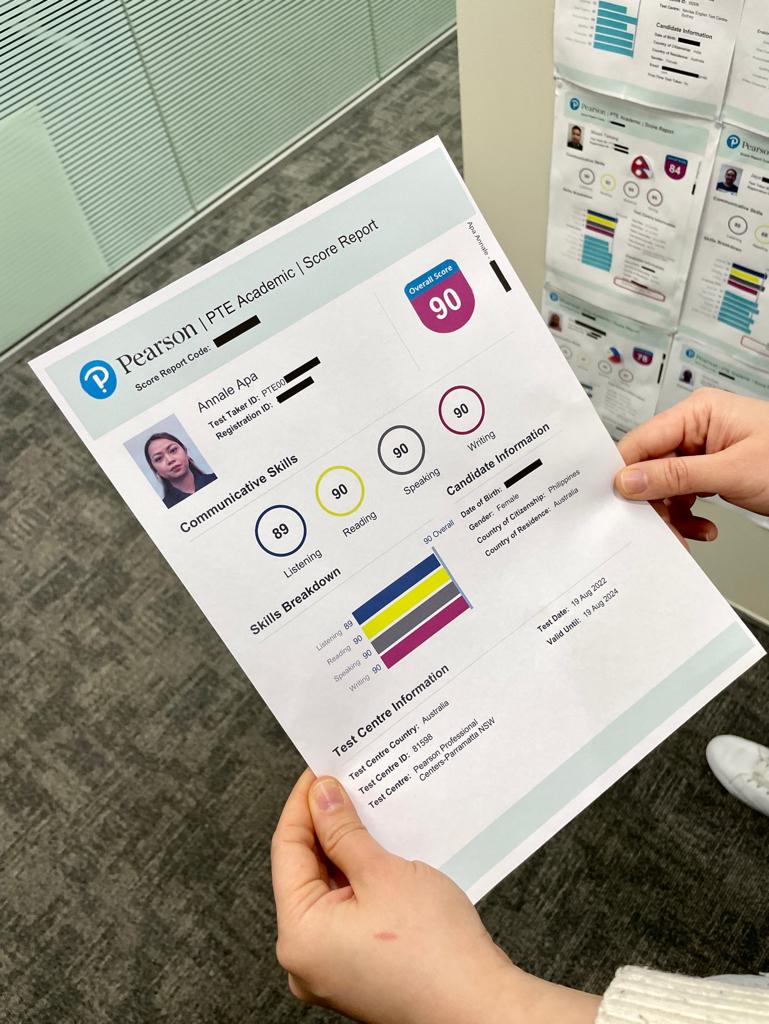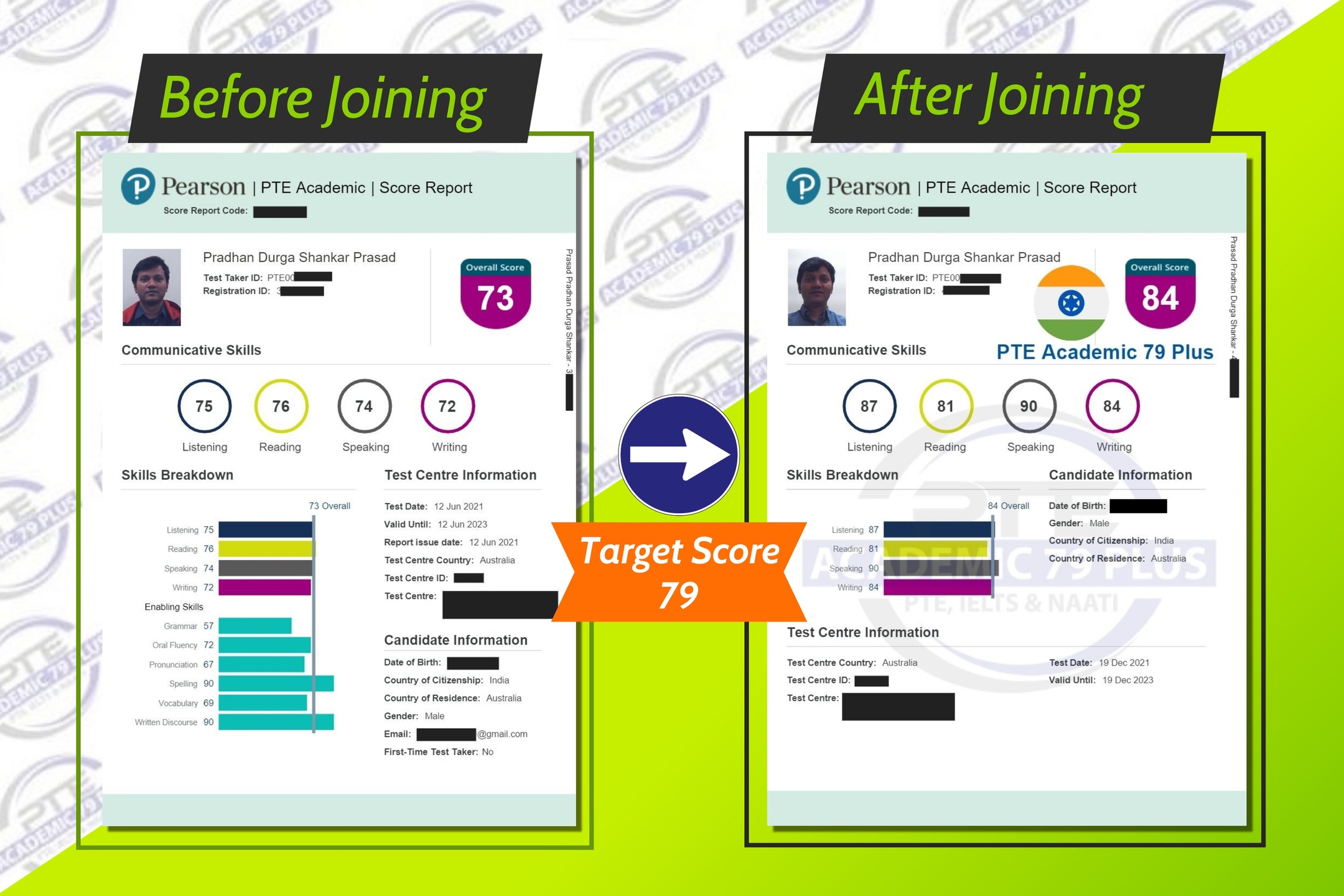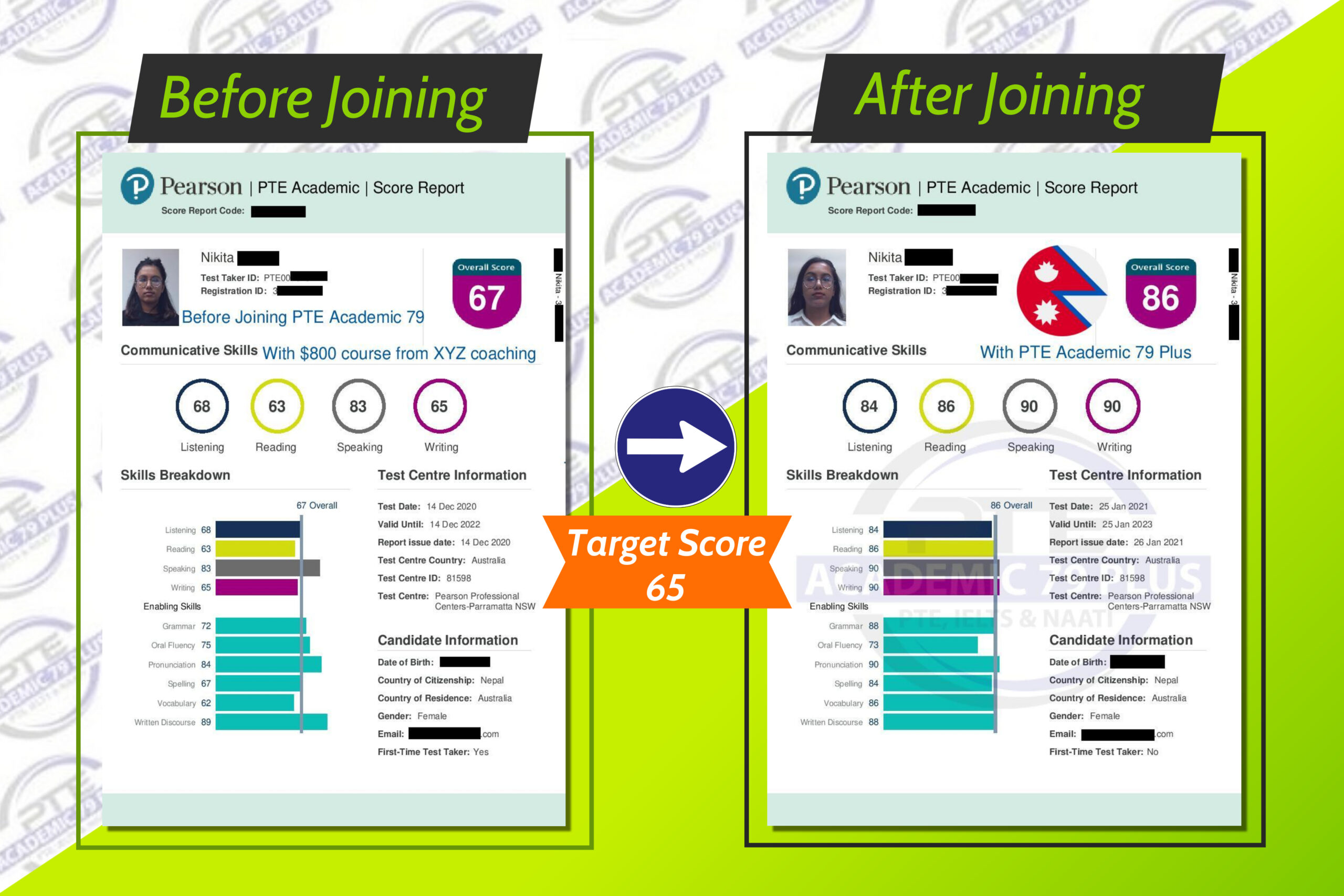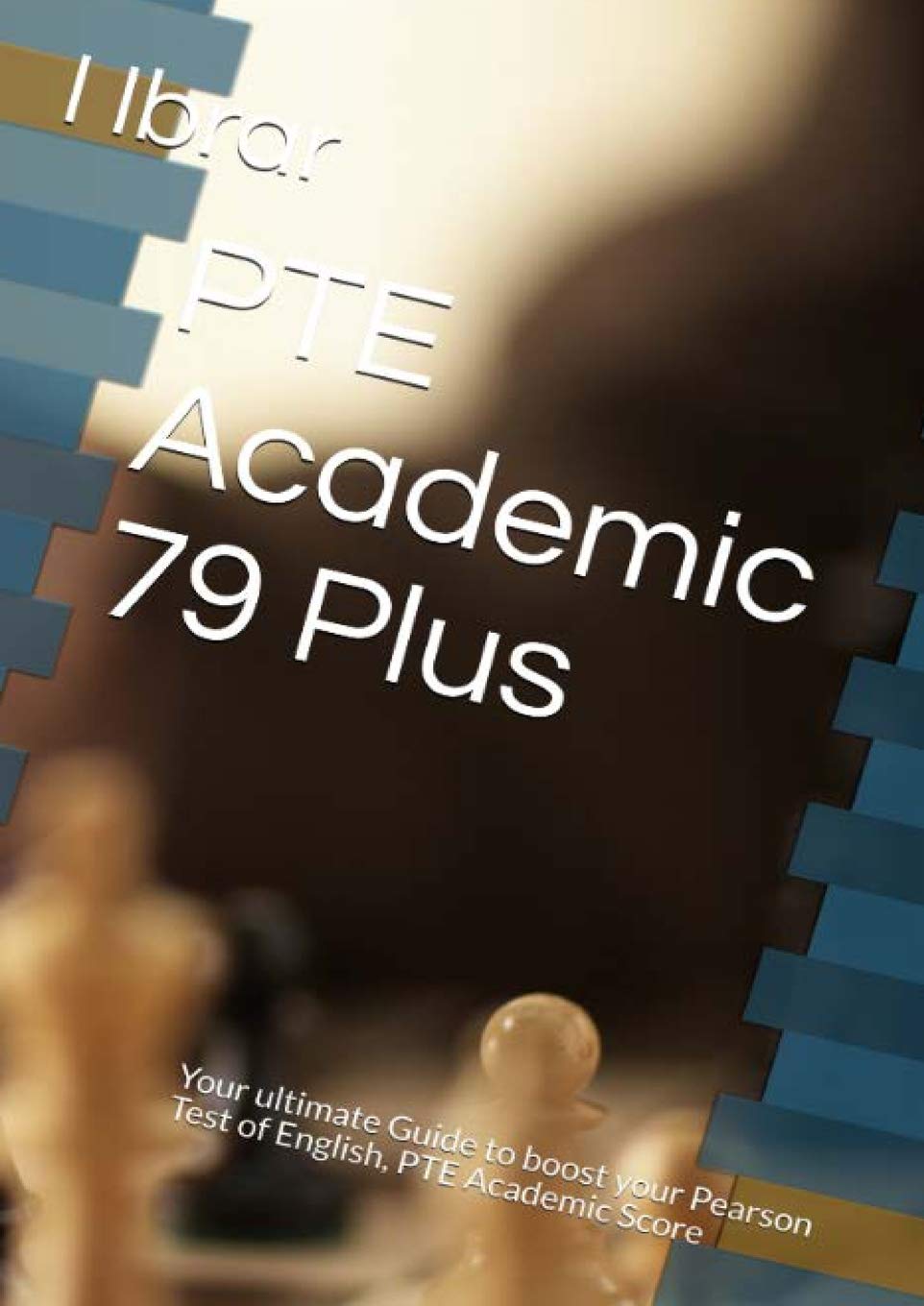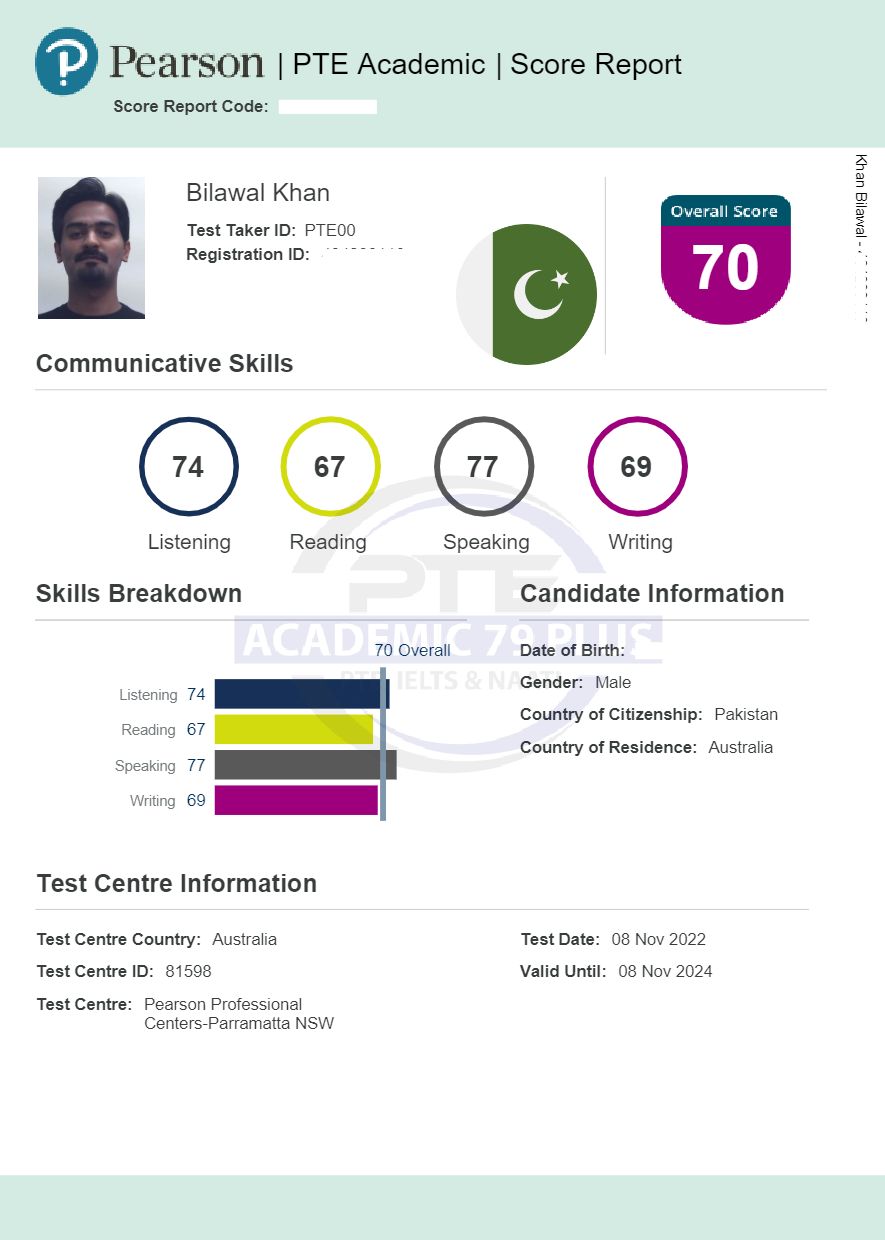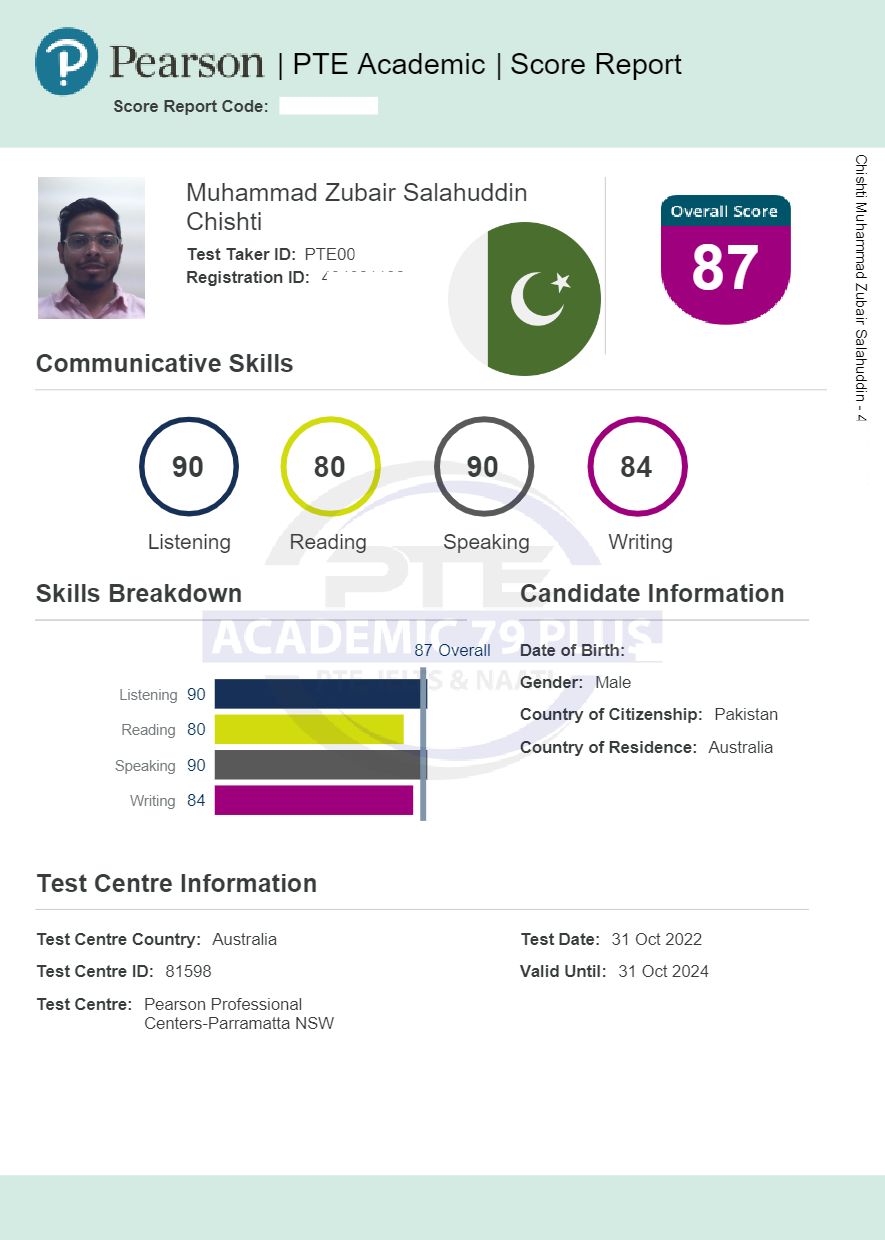Birds According to experts, feeding birds is probably the most common way in which people interact with wild animals today. More than 50 million Americans engage in the practice, collectively undertaking an unwitting experiment on a vast scale. Is what we’re doing good or bad for birds? Recently, researchers at the Cornell Lab of Ornithology […]
Most repeated Write from Dictation PTE 2022
Global connections thrive in academic communities, thanks to social media. It is compulsory to attend the laboratory instruction. Many governments found that it was difficult to reduce poverty in our society. While some people regard it as care, others regard it as reckless. Economic strength of early Roman Republic will be examined. All answers must […]
PTE most repeated write from dictation 2022
Undergraduates may pursue their specific interests within certificate programs. This course puts great emphasis on the critical thinking skills. There are opportunities to receive the grants from most artistic fields. The untapped potential use of sun rays is phenomenal. The rising inflation rate indicates a decrease in demands for consumer products. The poster of this […]
Most repeated Repeat sentence in PTE 2022
PTE Latest Repeat Sentence from Real Exam
List of New RS Questions based on our student’s memory November 30/2022 She is an expert in eighteenth-century French literature No more than four people can be in the lab at once The Internet provides unusual opportunities for students and current events The original Olympic Games were celebrated as religious festivals The pharmacy was […]
PTE Templates All Modules (Describe Image, Retell Lecture, Summarize written text, Essay, Summarise Spoken Text)
What are PTE TEMPLATES? PTE templates are phrases or structures you memorize and then use to answer certain types of questions in the PTE Exam. There are many different templates available, however, you will notice that these templates are not universal and will not fit into every type of question. If proper templates are memorized […]
💥Congratulations to our student Bishal for achieving his target score of 65 for Nursing
Best PTE online Preparation course (2000+ Successful Students)
Our Integrated Methodology ensures that you achieve your dream scores! PTE Academic 79 Plus is a leading institute for IELTS and PTE. We use this unique learning platform to give you a personalized learning experience. It uses cutting-edge remedial technology to identify your weak areas and help you improve on them. The Mock Tests […]

